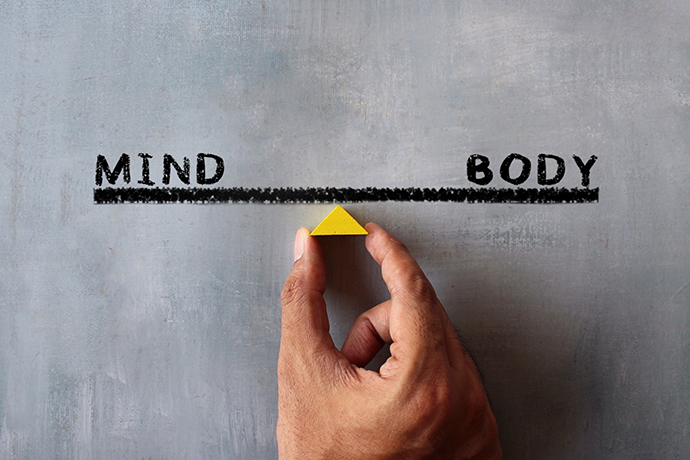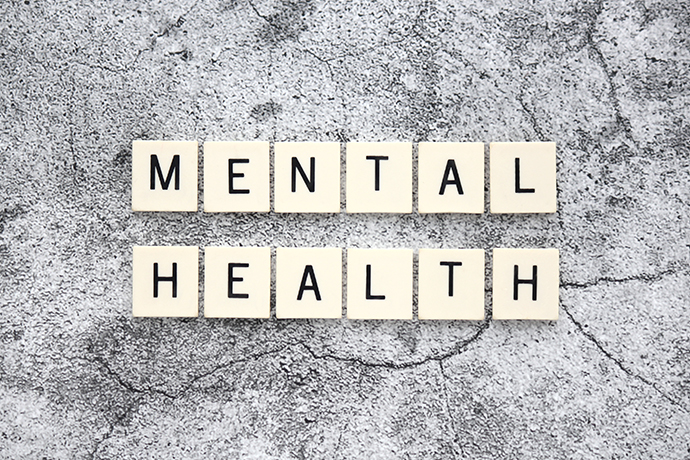 SPEAKERS
SPEAKERS
 TOPICS
TOPICS
Discover the close relationship between physical and mental health. Explore the impact and importance of maintaining balance across both dimensions for overall well-being.

Each Other?
In today’s fast-paced world, maintaining both physical and mental health is more important than ever. Yet, many people still see them as separate areas—something we either work on at the gym or talk about in a therapist’s office. But science and real-life experiences consistently show that these two aspects of health are deeply interconnected. Understanding the relationship between physical and mental health can transform how we care for ourselves.
Before exploring how they influence each other, it’s important to understand the difference between physical and mental health. Physical health refers to the state of your body—how well your organs function, your energy levels, your mobility, and freedom from illness or injury. On the other hand, mental health encompasses your emotional, psychological, and social well-being, impacting how you think, feel, and behave.
While they may seem distinct, the line between mental health vs physical health is often blurred. For instance, chronic stress (a mental state) can result in physical symptoms like high blood pressure or digestive problems. Similarly, a physical condition such as a hormone imbalance can lead to mood disorders like depression or anxiety.

So, how exactly can physical health affect mental health? Let’s break it down.
The link between physical and mental health is not one-way. Just as poor physical health can impact mental well-being, mental health disorders can also influence physical health:
Experts like Mark Hyman, MD emphasise a holistic approach that addresses mental well-being as a core component of physical healing.

There’s no denying the importance of physical and mental health—not separately, but as a unified concept. Taking care of your mind improves your body, and vice versa. Integrated wellness practices such as mindfulness, proper nutrition, adequate exercise, and regular check-ups create a synergy that fuels overall health.
Dr. Xand van Tulleken, well-known for his work in public health education, often stresses that health isn’t just the absence of disease—it’s the presence of vitality, resilience, and balance in both mind and body.
The pursuit of longevity is not just about living longer but living better. Research consistently shows that those who maintain both physical fitness and mental wellness tend to enjoy longer, more fulfilling lives. The concept of longevity is gaining momentum, and organisations are turning to expert longevity speakers to understand how holistic health contributes to a longer, more vibrant life.
Many of these experts point to the need for an integrated approach that involves daily movement, strong social connections, mental stimulation, and emotional support—all foundational to long-term well-being.
More companies, schools, and institutions are bringing in professional voices to inspire change. Renowned psychology speakers and healthcare professionals help educate people on the science and stories behind mental and physical wellness.
For example, mental health speakers play a crucial role in workplaces and events by helping people better understand emotional resilience, stress management, and mental clarity—all of which eventually contribute to improved physical health outcomes as well.
Here are a few steps you can take to build a daily routine that supports both physical and mental well-being:
Understanding the relationship between physical and mental health is not just an academic exercise—it’s essential for building a resilient, fulfilling life. Health is multi-dimensional, and the evidence is clear: one cannot truly thrive without the other. Whether you're seeking greater clarity, improved energy, or lasting happiness, a balanced focus on body and mind is the key. When physical strength supports emotional stability, and mental clarity enhances bodily vitality, we experience a deeper sense of well-being that permeates every area of life.
By embracing holistic wellness, guided by the insights of experts, we can take real steps toward better health—not just for now, but for life. Their approaches emphasise prevention, lifestyle medicine, and the power of daily choices, reminding us that optimal health is not a destination but an ongoing journey.